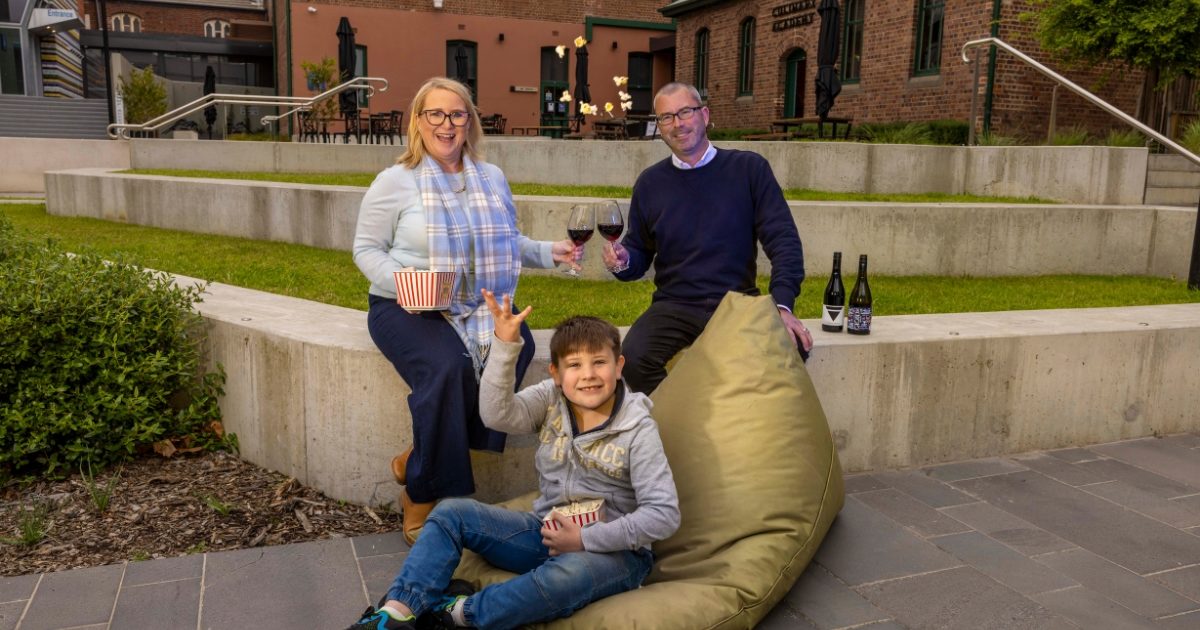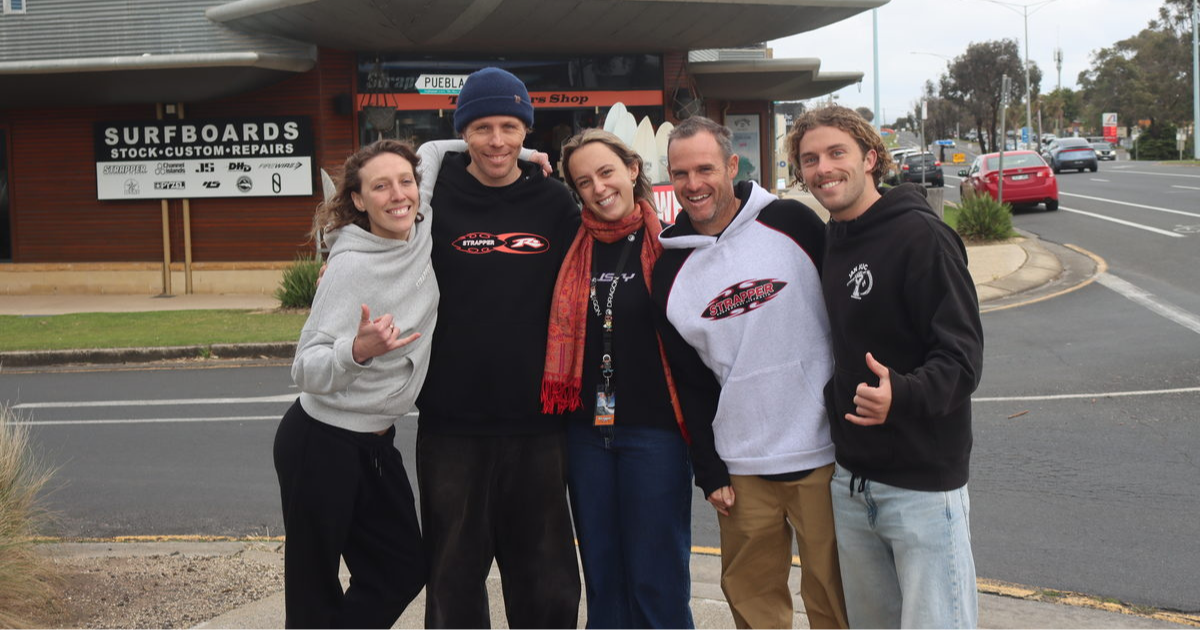Upgraded site to help with whale spotting
AN UPGRADED website for the community to record local whale sightings was launched last week to mark World Oceans Day.
WhaleFace is a citizen science project that allows anyone to contribute to the conservation of southern right whales in south-east Australia.
The Department of Environment, Land, Water and Planning (DELWP) and the Arthur Rylah Institute have upgraded and rebranded the site to make it easier for the community to take part and share their sightings.
Southern right whales return to the southern coastline of Australia between May and October every year to socialise and give birth, and sightings have already been confirmed in south-west Victoria this season.
WhaleFace aims to allow community members to easily contribute photos and sightings, build a community of southern right whale citizen scientists, support meaningful scientific research, and receive updates about the endangered species from researchers.
The name was chosen in recognition of the markings on the whales’ heads, known as callosities, which are unique to each whale and allow researchers to identify individuals.
Data captured through the platform is used by researchers to understand population trends, movement patterns and habitat use.
Citizen scientists have significantly boosted DELWP’s long-running southern right whale research program.
In 2019, 32 different southern right whales were identified from images contributed by about 20 citizen scientists from across Victoria and New South Wales.
About three-fifths of all whales photo-identified in the past four years have come from citizen scientists.
“Members of the community can be our eyes right around the coast during the southern right whale migration season by sharing their photographs and sightings information on WhaleFace,” DELWP natural environment program officer Mandy Watson said.
“The information we receive contributes to research that is helping improve our understanding of this unique endangered species.”
Arthur Rylah Institute scientist Kasey Stamation said the institute was thrilled to launch the upgraded and rebranded platform that would make it easier for citizen scientists to upload and share information.
“We hope WhaleFace also encourages more people to get involved in citizen science, but to also connect with a community of like-minded people with an interest in whales.”
For more information or to get involved, head to the WhaleFace website.


















